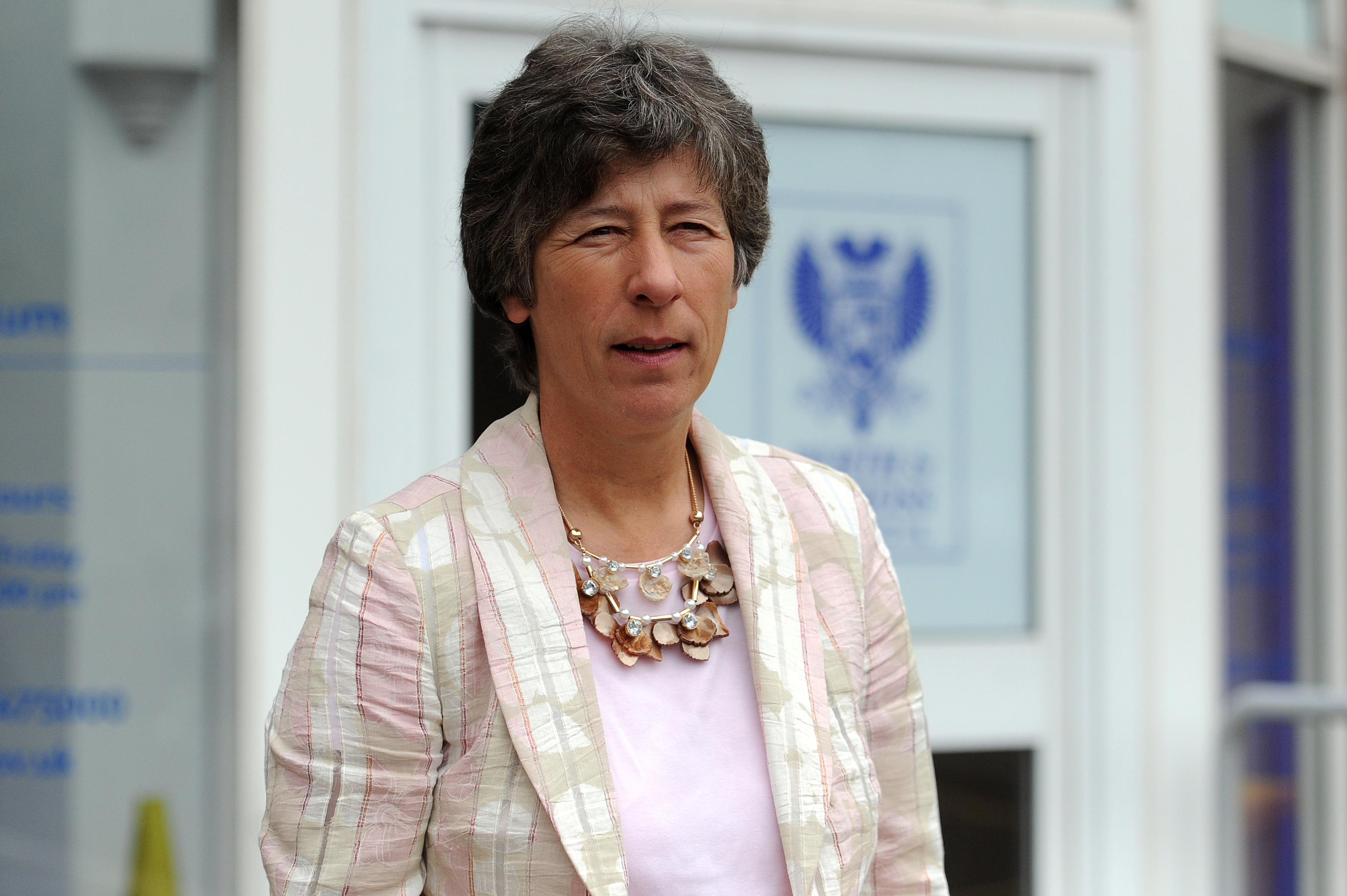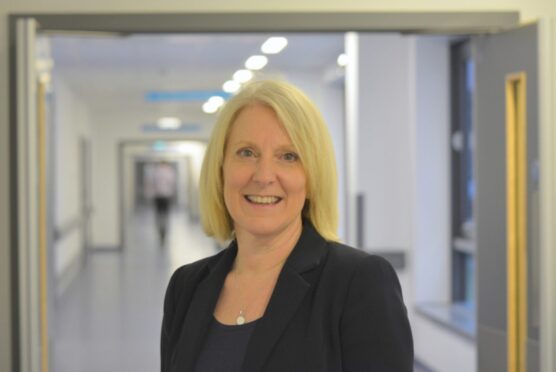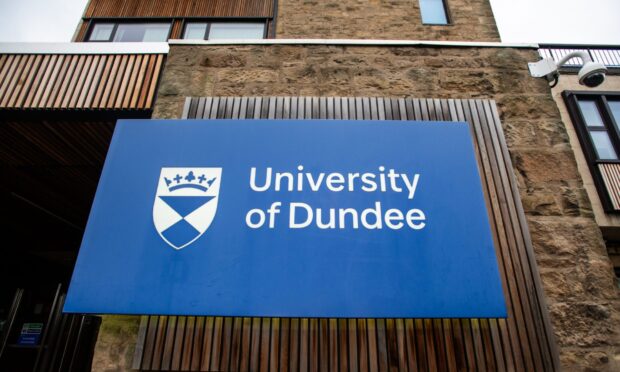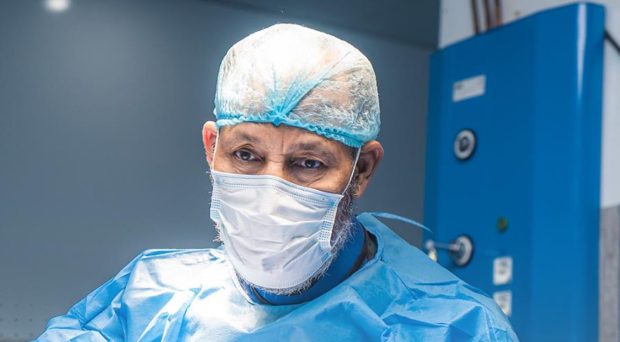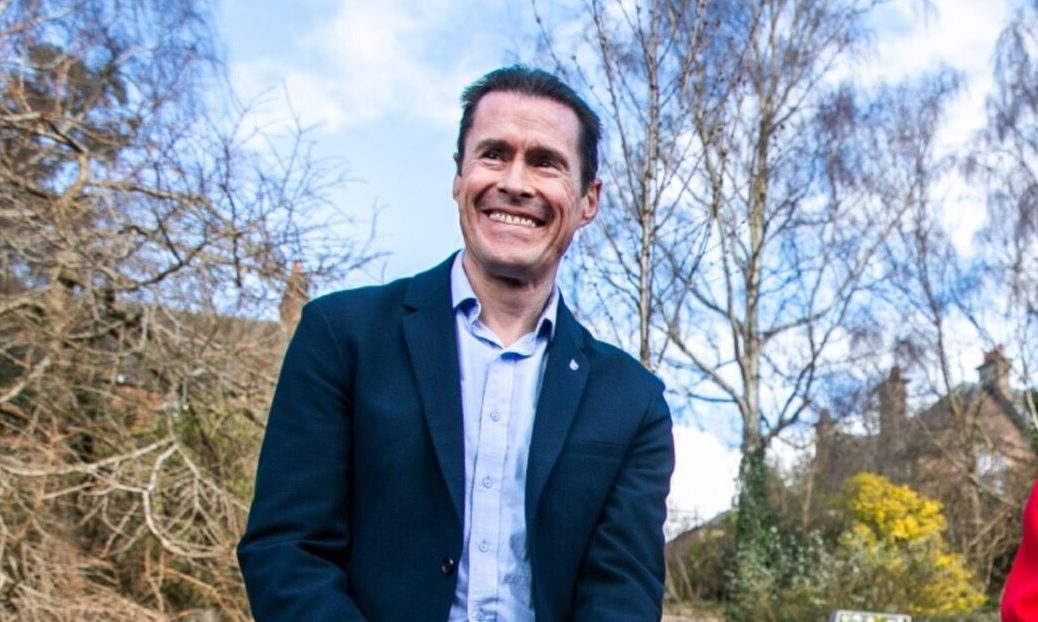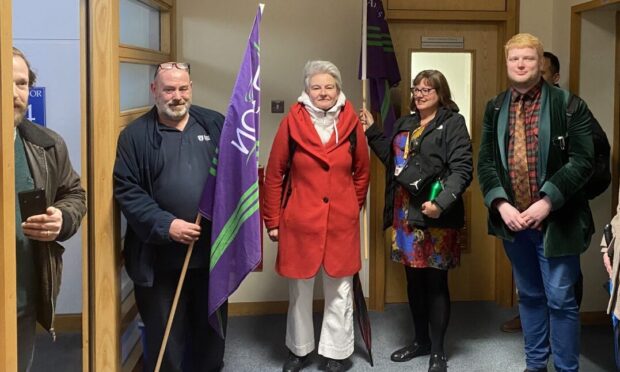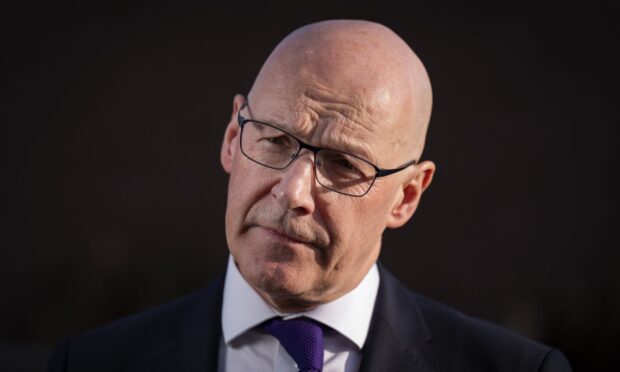Immigration has fuelled a rise in Scotland’s population to a record 5,404,700.
The annual increase of 31,700 people has been attributed to migration both from within the UK and abroad.
Some 40,400 people came here from overseas, with 17,500 Scots leaving the country to settle in other parts of the world.
Another 46,300 moved to Scotland from other parts of the UK, compared with 37,500 heading the other way.
An influx of people over the last decade has swelled the Perth & Kinross population by 8.2% to more than 150,000, which is the biggest increase in the country outside the central belt.
Liz Smith, the Perthshire-based Tory MSP, welcomed the rise but warned about the strain on public services.
“People making Perth and Kinross their home from other parts of the UK and the rest of the world is a significant strength for the local economy, but it is also vital that public services continue to match demand,” she said.
Fife saw its population go up by 3.7% since 2006, compared with Angus at 3.6% and Dundee’s 3.4%.
Tim Ellis, the registrar general of Scotland, said: “Scotland’s population has grown 5% over the last decade to a record 5.4 million.
“The majority of this growth has been due to migration, as natural change (births minus deaths) has not contributed significantly to Scotland’s population growth.”
SNP MSP Joan McAlpine said the report shows how important it is to retain free movement of people from the EU.
“It’s great that people are living longer – but we must ensure that there continues to be a healthy working age population, to guarantee economic growth and support our public services.”
Booze deaths up across Scotland
Alcohol-related deaths surged by 10% as they returned to their highest level for six years.
There were 1,265 deaths last year, according to the National Records of Scotland figures, up by 115 on 2015.
It has led medics to demand a fresh drive to rehabilitate Scotland’s toxic relationship with drink.
In Fife, deaths from alcohol rose to 74 in 2016, from 62 the previous year. The number fell in Tayside from 100 to 80.
Peter Bennie, chair of the British Medical Association Scotland, said the “worrying” figures reinforce the need for a 50p minimum unit price on booze.
“It underlines why as a country we need to redouble our efforts to tackle the harms caused by alcohol misuse,” he said.
Dr Bennie said minimum pricing, a Scottish Government policy which is being challenged in the Supreme Court, has been “delayed far too long” by “big alcohol producers”.
The Scotch Whisky Association said the overall trend for alcohol deaths is downward.
Chief executive Karen Betts said they are committed to helping tackle alcohol misuse, but insisted minimum pricing is not the way to do it and is a trade barrier which threatens Scots jobs.
Meanwhile, Scotland retains the title of having the lowest expectancy in western Europe. It remained the same in the latest NRS figures – 81.1 for women and 77.1 for men – bringing an end to years of steady increase.
Separate figures from the Scottish Public Health Observatory, also released today, showed an 8% increase in suicides recorded over the past year.
There were 728 of the deaths in 2016, up from 672 the previous year.
Alex Cole-Hamilton, for the Scottish Liberal Democrats, called for a new suicide prevention strategy, adding it is “shambolic” it has still not replaced the one that expired a year ago.
